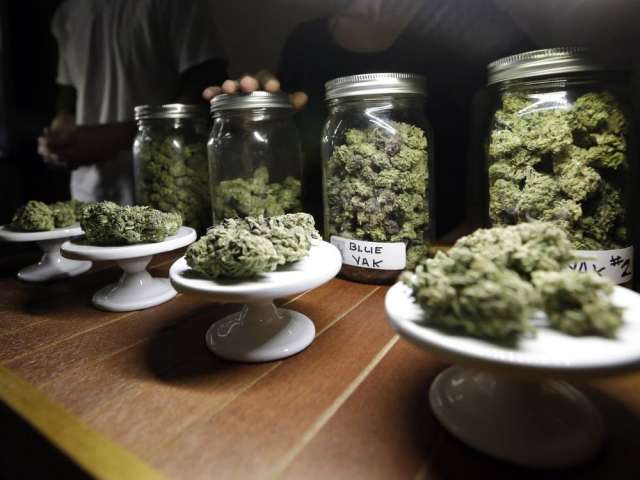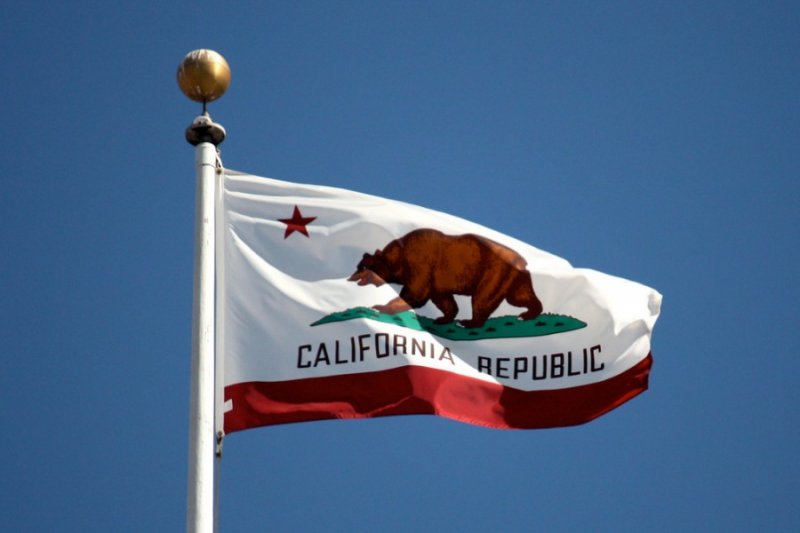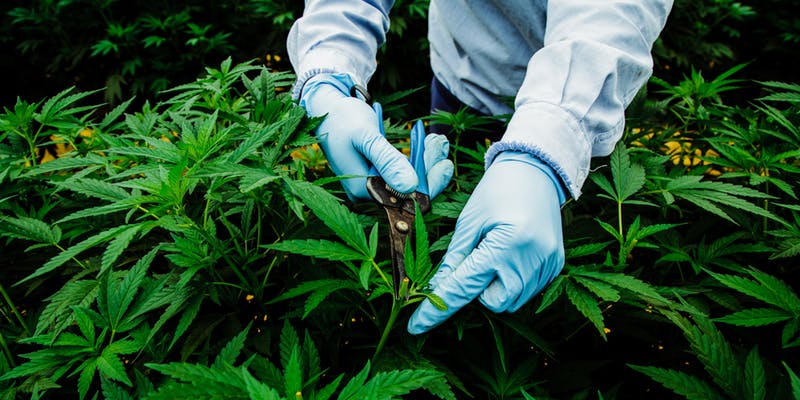California lawmakers’ approval of the state budget on last week came with a piece of attached legislation with major implications for the cannabis industry, which is in its first year as a fully regulated business sector.
SB 94 – which passed with a 31-to-3 vote – essentially merges the Medical Cannabis Regulation and Safety Act and Proposition 64, the Adult Use of Marijuana Act, into one regulatory framework that will govern both medical and recreational cannabis use. The budget rider bill, along with the rest of the budget, is currently awaiting the governor’s signature.
The new Medical and Adult-Use Cannabis Regulation and Safety Act clears up some concerns about how a combined medicinal and recreational marijuana market would work statewide and establishes clear law enforcement guidelines and taxation plans, even as local regulation is still in the process of being written. You can read the full bill here.
Here are six of the major ways that SB 94 will transform the pot industry in California:
1. Creates the Bureau of Cannabis Control as the governing body for the industry
The Bureau of Cannabis Control would be responsible for issuing, denying, renewing disciplining, suspending and revoking licenses for transportation, storage, distribution, testing and sale of cannabis and cannabis products. The legislation also shifts the ability to regulate and control industrial hemp fiber, which is often used in rope, clothing and building material, from the Bureau to the Department of Food and Agriculture.
2. Allows for the sale of both medicinal and recreational products at the same storefront
While vendors can sell to both adult recreational cannabis consumers and medical patients, each type of sale would require different licenses. Testing for both categories of cannabis, on the other hand, would only require a single testing laboratory license issued by the Bureau of Cannabis Control.
3. Requires law enforcement to create a legal cannabis consumption regulatory framework
SB 94 clears up some of the questions pertaining to how officers would enforce open cannabis consumption by limiting legal consumption of cannabis products to private areas. The legislation also establishes open container penalties for recreational consumers, as well as earmarks $3 million for the California Highway Patrol for the training of drug recognition experts to help enforce and define standards for “driving under the influence” laws.
The measure that voters approved to legalize recreational cannabis came along with a requirement that limited people establishing a cannabis business to those who lived in the state prior to Jan. 1, 2015. This new law rescinds those provisions. Residency requirements have emerged as a sticking point within local cannabis legislation in the Bay Area, particularly in Oakland, which rescinded some of its own requirements after pushback from business owners.
5. Establishes what taxes will be required and how they will be calculated
All cannabis will be subject to the two taxes created by Prop. 64. A cultivation tax of $9.35 per ounce of flowers for growers that will be collected at the time of harvest will be levied as well as a 15 percent excise tax that will be calculated by average market price, rather than gross receipts of retail sales. Tax revenue would go toward paying for the regulation of the cannabis industry as well as substance abuse programs, school grants, behavioral health programs and the construction of youth treatment facilities, among other social services.
6. Creates new cannabis categories and advertising standards
The state’s Department of Food and Agriculture will develop an organic designation by 2021 as well as origin regions, modeled on how the food sector designated specialty wines and cheeses. On the marketing end, advertising will only be able to broadcast in mass media if at least 71.6 percent of the audience is reasonably expected to be 21 years of age or older. The bill would also require edible cannabis products to be marked with a universal symbol.
credit:420intel.com













